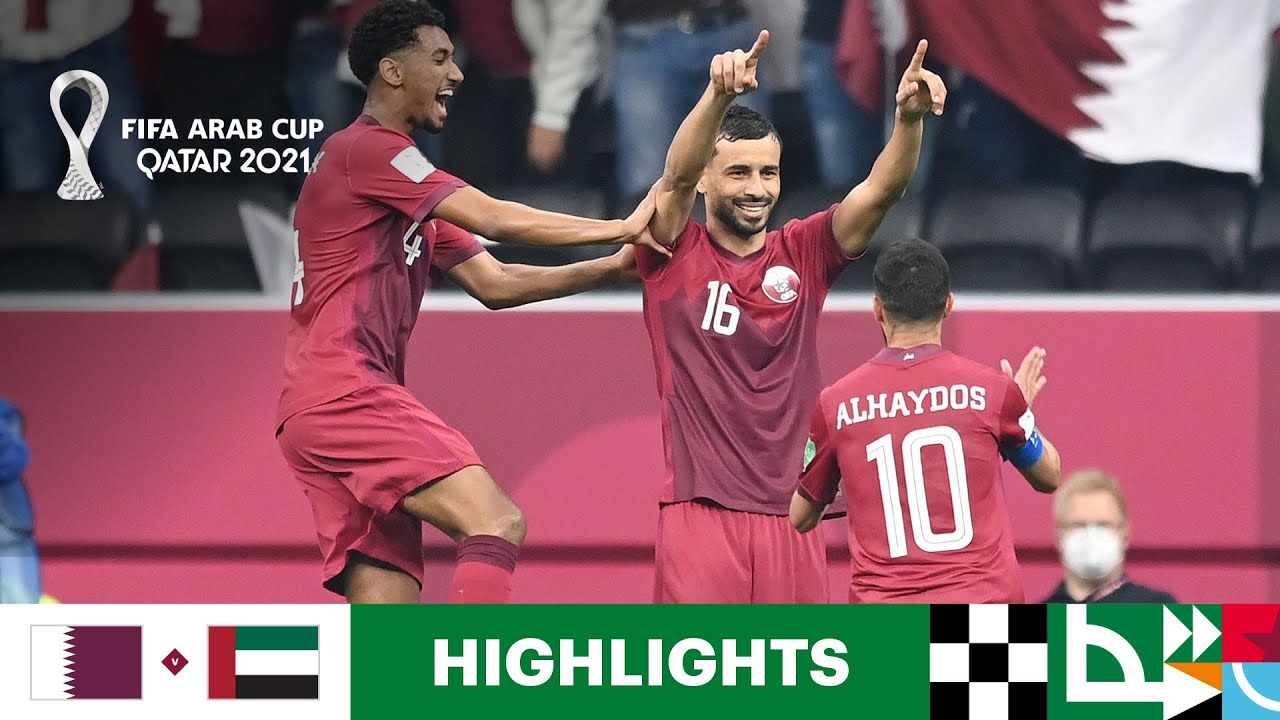Introduction
The rivalry between Qatar and the United Arab Emirates (UAE) has become increasingly relevant in the geopolitical landscape of the Middle East. Both nations are prominent players in the Gulf Cooperation Council (GCC) and bear significant influence in global economics, culture, and politics. Understanding the nuances of their relationship is crucial, especially in light of recent developments that could shape the future of regional stability.
Background and Relations
Historically, Qatar and the UAE have shared close economic ties, benefiting from oil and gas exports. However, tensions began to rise in 2017 when the UAE, alongside Saudi Arabia, Bahrain, and Egypt, imposed a blockade on Qatar, accusing it of supporting terrorism—a claim Qatar vehemently denied. This sparked a diplomatic crisis that has significantly altered the dynamics within the Gulf region.
Economic Development
Both Qatar and the UAE boast robust economies driven by their vast oil and natural gas reserves. The UAE, particularly Dubai, has diversified its economy, investing heavily in tourism, finance, and technology, making it a global business hub. In contrast, Qatar, with the world’s largest natural gas reserves per capita, has focused more on developing its energy sector while also heavily investing in infrastructure projects ahead of hosting the 2022 FIFA World Cup. Reports suggest that Qatar’s GDP is projected to grow by 4.5% in 2023, outpacing the UAE’s projected growth of 3.2%.
Social and Cultural Aspects
Culturally, both nations take pride in their heritage but have distinct approaches towards modernization and international influence. Qatar’s Al Jazeera has been pivotal in shaping media perspectives in the Arab world, contrasting with the UAE’s focus on soft power through art and tourism, exemplified by initiatives such as the Louvre Abu Dhabi. The 2021 agreement to facilitate cultural exchanges demonstrates both nations’ willingness to collaborate amidst their rivalry.
Conclusion
The ongoing competition between Qatar and the UAE illustrates the complexities of Middle Eastern geopolitics. Both nations continue to strive for regional dominance, each with their development strategies and cultural narratives. Continuing dynamics, particularly as the post-blockade era unfolds, will be critical in shaping their mutual relations and overall stability within the GCC. For observers, the interplay between these two nations will be significant in understanding the future direction of the region.


